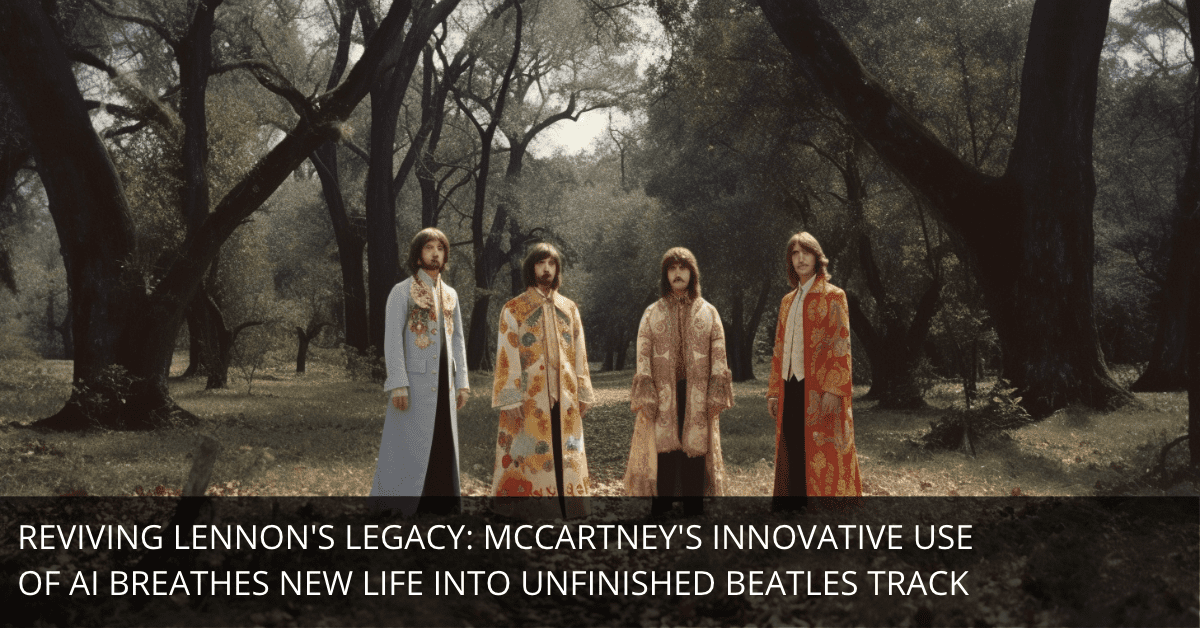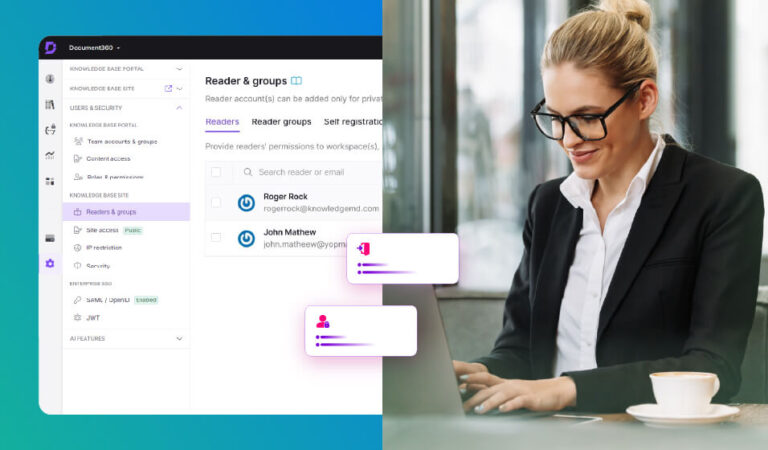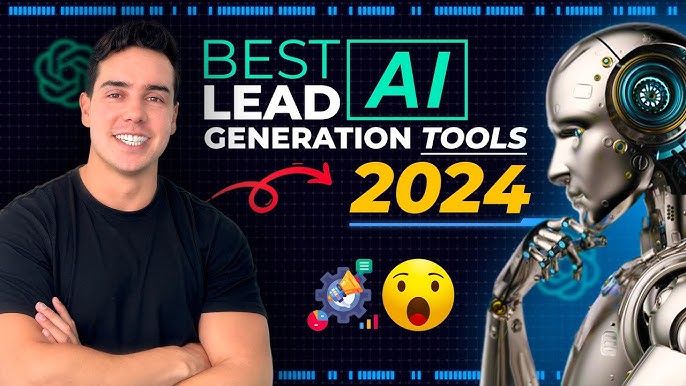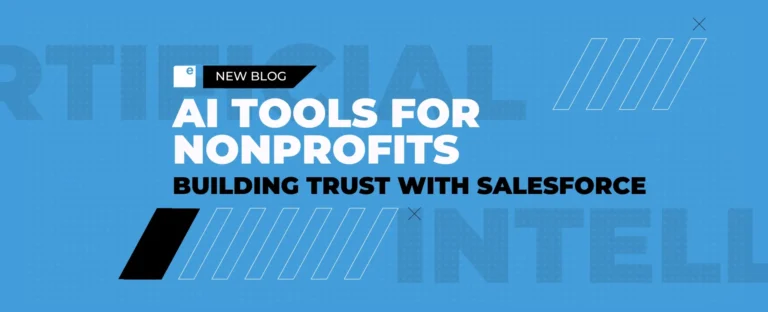AI Tools for Music Production: Unleash Your Sound Genius
AI tools for music production include software like AIVA, Amper Music, and LANDR, which facilitate composition, mixing, and mastering. These tools harness artificial intelligence to enhance creativity and efficiency in music creation.
Embracing the transformative power of AI in music production is reshaping how artists create and produce music. With cutting-edge AI software, musicians, producers, and sound engineers now have access to a range of innovative solutions that streamline the music-making process.
From algorithm-driven composition assistants to intelligent mixing and mastering services, AI tools are revolutionizing the industry. They offer personalized recommendations, automate tedious tasks, and open up new creative possibilities, allowing for more focus on the artistic aspects of music production. By integrating AI into their workflow, music professionals can push the boundaries of traditional music-making and explore new sonic landscapes. These advancements in technology promise a future where human creativity and AI work in harmony to craft the next generation of musical masterpieces.

Credit: www.popularaitools.ai
The Rise Of Ai In Music Production
The music industry is experiencing a groundbreaking shift. Artificial Intelligence (AI) is carving a new path in music creation. Producers now harness the power of AI to craft sounds that were once unthinkable. This technology is shaping the future of music, offering tools that change how artists create and evolve.
From Analogue To Digital To Ai
- Analogue era: Musicians relied on physical instruments.
- Digital revolution: Computers brought software and beat-making.
- AI integration: Smart algorithms now assist in composing music.
The journey from analogue to AI has been swift. Producers have more power to experiment and innovate. AI tools provide smarter workflows and a sea of creative possibilities.
How Ai Is Changing The Game For Producers
The impact of AI on music production is vast. Here’s how it’s changing the game:
- AI algorithms can analyze music data to suggest chord progressions.
- Sound libraries are enhanced with AI-driven textures and patterns.
- AI is being used to master tracks for a polished finish.
Producers now tailor sounds to exact specifications with AI. They lean on AI to transform simple melodies into rich compositions. AI is not just a tool; it’s becoming a collaborator in the creative process.
With AI, producers face fewer barriers to expressing their ideas. Tailoring each element of a track is now at their fingertips. Machine learning understands and matches their production style. Thus, it opens doors to new forms of musical expression that fuel innovation further.
| Traditional Production | AI-Enabled Production |
|---|---|
| Manual sound design | AI-powered sound creation |
| Time-consuming mixing | Efficient AI mixing |
| Limited by hardware | Unlimited by AI capabilities |
In an era where innovation stands at the forefront, AI does more than simplify production—it ignites a musical revolution. It’s an exciting time for producers, artists, and music enthusiasts alike, as the landscape of sound transforms before our ears. Step into the future, where AI shapes the new sound of music.
Breaking Down Ai Music Tools
Welcome to the era of Artificial Intelligence in music! AI is changing how we create sounds. This includes tools that help write melodies to software that mixes tracks for us. Let’s explore these AI music tools together.
Composition And Arranging Aids
Writing music can be tough. AI helps make it easier. Think of AI as a friend who gives ideas when you’re stuck. It can suggest chord progressions and even complete song structures. Here are some ways AI aids in composition:
- Melody Creation: AI tools offer tune suggestions that fit your style.
- Lyric Generation: Stuck on words? AI can write lines to match your music’s mood.
- Chord Progressions: Get unique chords to make your music stand out.
Famous apps like AIVA and Amper Music use AI in these ways. They make music making fun and accessible for everyone.
Ai-powered Mixing And Mastering
Mixing and mastering are key for hit songs. Good news, AI can help here too. AI-powered tools can balance sound levels and tune audio with precision. They do it all: from cleaning up noise to polishing the final track.
These tools learn from tons of songs to understand what a great mix sounds like. Then, they apply that learning to your music. Here’s how AI can take over the technical side:
- Auto-Leveling: AI finds the best volume for each track.
- Equalization: It adjusts frequencies to make music sound better.
- Audio Restoration: AI removes any unwanted clicks or hiss.
Tools like LANDR and iZotope Ozone lead in this area. They let musicians focus on the creative parts, while AI takes care of the tech-heavy tasks.
Interviews With Pioneers
The landscape of music production is undergoing a seismic shift. Artificial Intelligence (AI) tools are at the forefront, shaping new sonic terrains. To gain insights, we chatted with industry pioneers. These trailblazers shared their firsthand experiences of working with AI in music production.
Stories Of Success With Ai In The Studio
Our series of interviews unveils the remarkable impact AI has on music creation. One common thread is AI’s power to enhance creativity and workflow. Let’s dive into some success stories:
- Emma’s Electronic Ensemble – Emma, an electronic music producer, recalls her first AI-assisted album. With AI, sound design became swift and personalized.
- Jazz Virtuoso Jamal – Jamal incorporates AI to generate unique chord progressions. This leads to new forms of jazz improvisation.
- Rachel’s Rock Revolution – Rachel, a rock artist, uses AI to analyze her vocals. She then fine-tunes her performances effortlessly.
Each pioneer witnessed efficiency spikes and a broadened creative palette, thanks to AI tools in their studios.
The Skeptics: Concerns About Ai In Music
Not everyone is convinced that AI in music is a positive step forward. Some industry veterans voiced their concerns about the rise of machines in the creative process. Here’s what skeptics are saying:
- Loss of Human Touch – Many fear that AI may strip away the unique human element in music.
- Potential Job Threats – AI’s efficiency could threaten traditional roles within the music industry.
- Over-Reliance on Technology – Relying too much on AI could stifle a musician’s own skillset and growth.
Skeptics urge a cautious approach, emphasizing that technology should assist, not dominate, the creative process.
Diy Music Creation With Ai
The era of AI in music is unlocking doors to a new world of DIY music creation.
Gone are the days when producing a track required expensive equipment and years of training.
With AI music tools, enthusiasts and budding musicians alike can craft their own songs with less effort and more fun.
Making Your First Track With An Ai Assistant
Embarking on your first music production adventure may feel daunting.
Yet, with an AI music assistant, it becomes a joyful journey.
| Step | Action |
|---|---|
| 1 | Select your genre and mood |
| 2 | Feed in some basic melodies or chords |
| 3 | Let the AI suggest enrichments and variations |
| 4 | Refine and personalize the AI’s contributions |
| 5 | Finalize your unique composition |
Tips For Blending Ai And Human Creativity
Harmonizing AI with your creative spark leads to unforgettable music.
- Start simple: Let AI manage complex tasks while you focus on the basics.
- Experiment: Trial different AI suggestions to discover unexpected harmonies.
- Edit boldly: Modify AI-generated pieces with a personal touch for authenticity.
- Learn: Understand AI choices to improve your musical knowledge.
- Collaborate: Team up with others and integrate diverse inputs with AI’s help.
Future Soundscapes
The music industry is on the brink of a revolution. AI tools are sculpting new audio realms. Think virtual symphonies and algorithm-driven DJ sets. Artists mingle with AI to create beats beyond human perception. The partnership sets the stage for soundscapes unlike anything heard before.
Where Will Ai Take Music Next?
Imagine a world where music defies boundaries. AI offers a glimpse into such future.
- Personalized concerts shaped by fans’ emotions in real-time.
- Collaborating with virtual musicians for an eerie blend of genres.
- Generative soundscapes transform public spaces with ambient melodies.
These advancements could change music learning. Expect AI to compose and teach, ushering a new wave of virtuosos.
Ethical Considerations In A Computer-generated Era
Artistic integrity faces questions amid this digital bloom.
| Opportunity | Challenge |
|---|---|
| AI democratizes music creation. | Creators may lose control over their art. |
| Unlimited compositional possibilities. | Value of human-made music could diminish. |
| Automation improves efficiency. | Issues about copyrights arise. |
Musicians and developers must navigate these waters with care. They should protect artistic integrity while embracing technology.

Credit: fliki.ai

Credit: grahamenglish.com
Frequently Asked Questions Of Ai Tools For Music Production
Is There An Ai For Music Production?
Yes, AI for music production exists. Tools like Amper Music, AIVA, and Google’s Magenta enable composers and producers to create music using artificial intelligence technology. These platforms can assist in generating melodies, harmonies, and rhythms.
What Is The Ai Tool To Create Songs?
OpenAI’s “Jukebox” is an AI tool designed to generate music, including melodies and lyrics. Another popular platform is “Amper Music,” which also enables song creation using artificial intelligence.
How Do Musicians Use Ai?
Musicians use AI to compose music, generate unique sounds, and analyze trends. AI tools assist in creating lyrics, enhancing performance, and personalizing user experiences. Also, they streamline production and automate mixing and mastering processes.
Is Ai Generated Music Legal?
AI-generated music is legal, provided it doesn’t infringe on existing copyrights. Original compositions created by AI fall under new intellectual property rights. Always ensure compliance with relevant laws when using or distributing AI-created content.
Conclusion
Embracing AI tools can elevate your music production to new heights. These innovations streamline workflows, inspire creativity, and open a world of sonic possibilities. By choosing the right AI assistant, producers can focus on the art, letting technology handle the rest.
Dive into AI, and watch your music transform.






